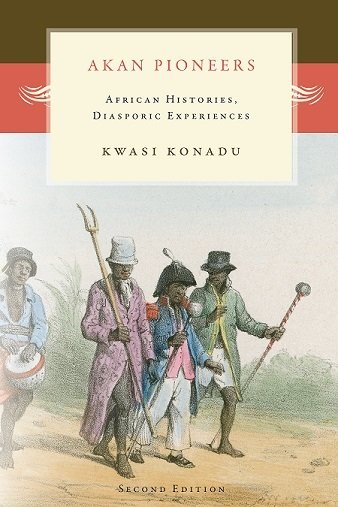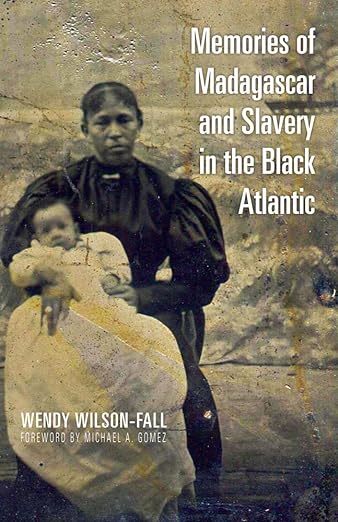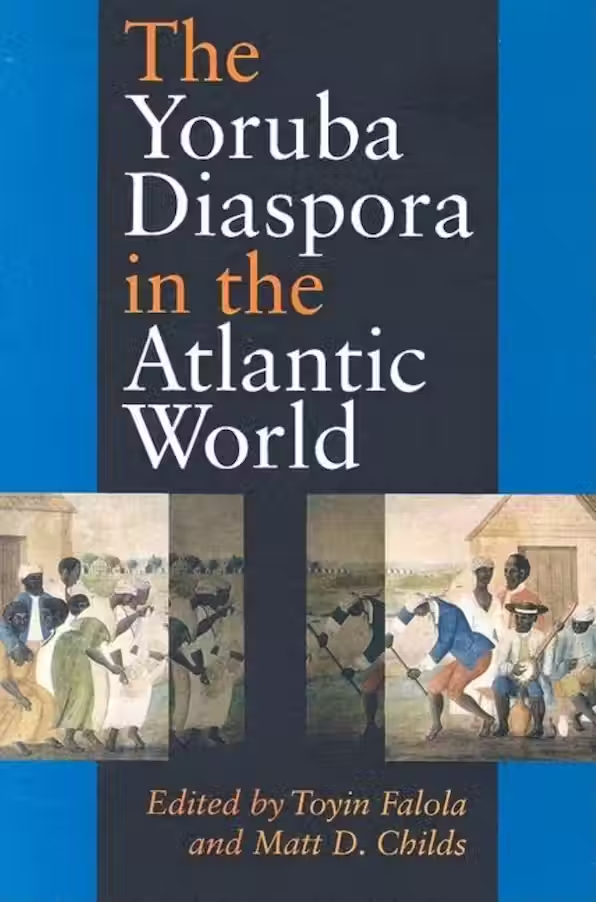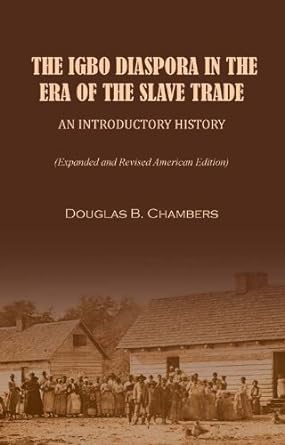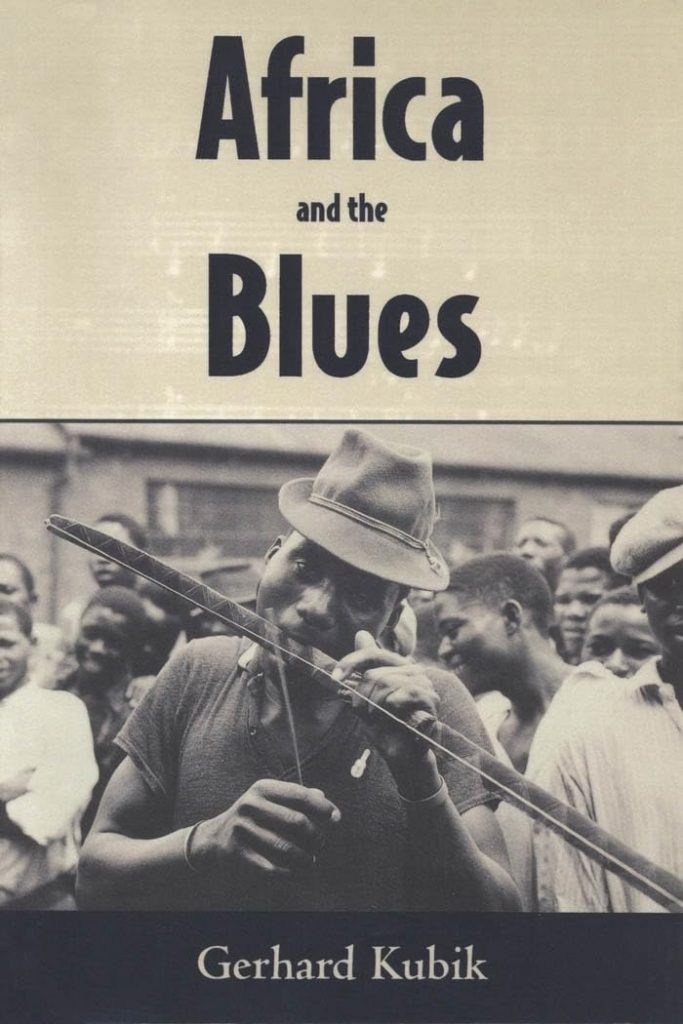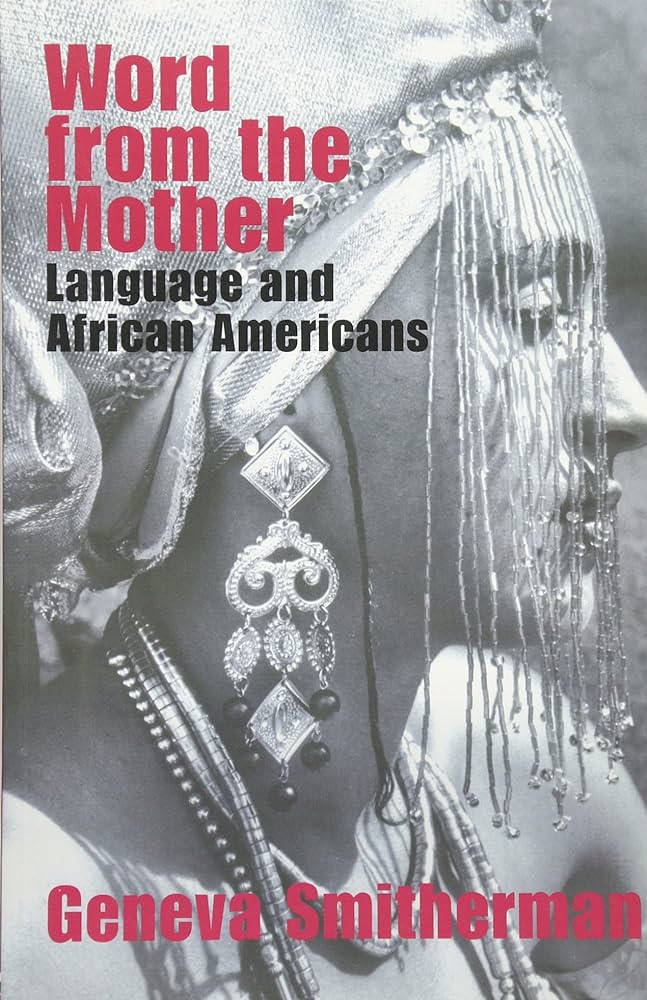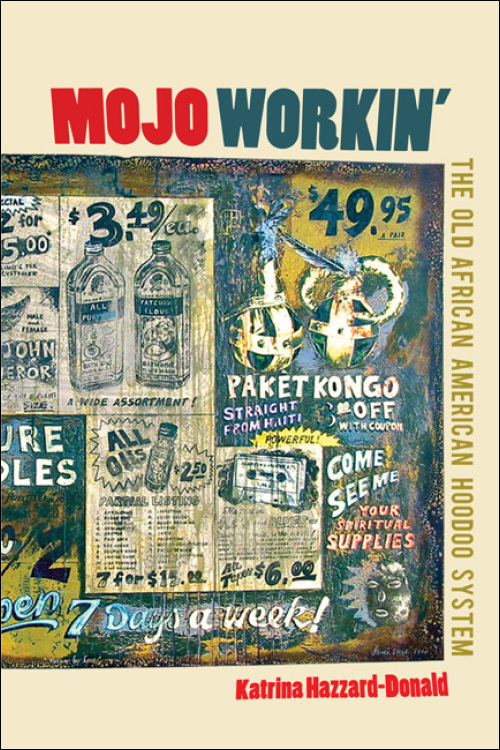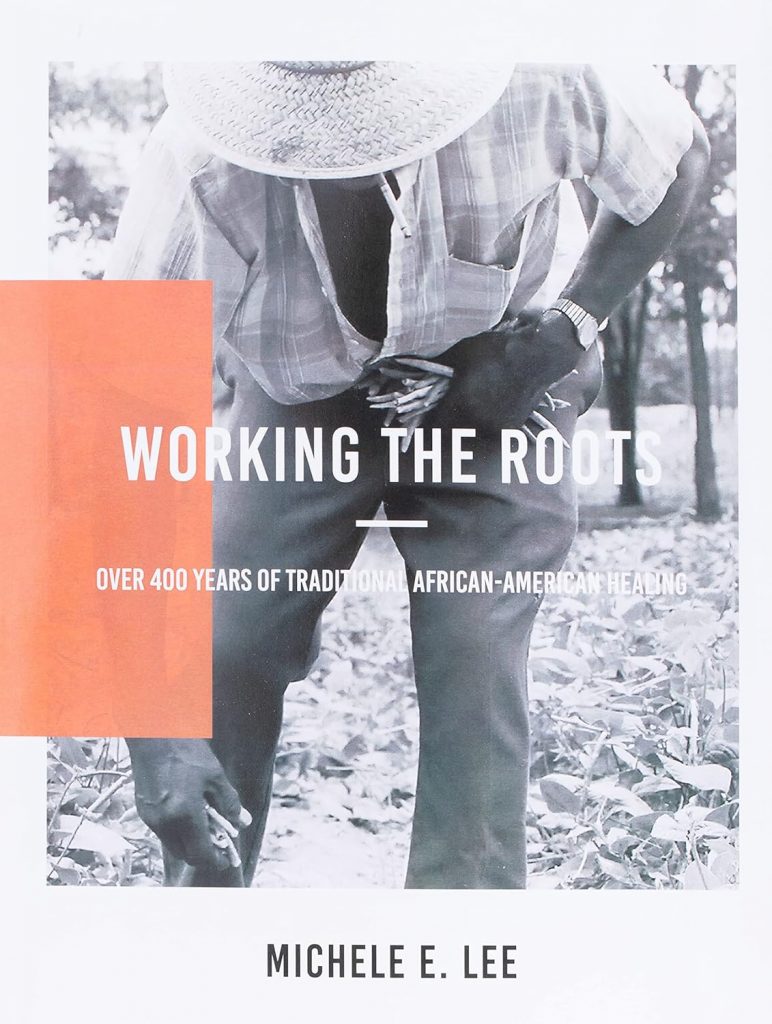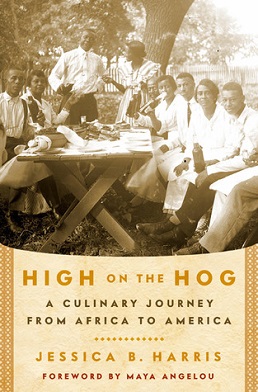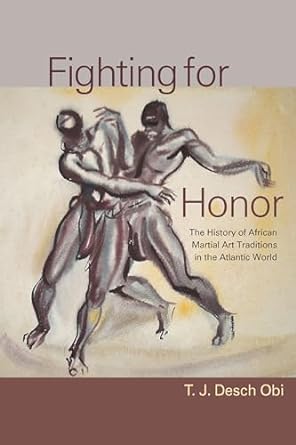I just watched film Whale Rider for maybe the 10th time. I watch it from time-to-time it to remind myself of certain ideals that I have committed myself to, and how these are expressed in the stories of other people who are seeking to heal themselves in the wake of the tragedy of conquest and oppression that has established the “modern era”.
Two things that stood out to me this time was that the character Koro, though perceived as harsh and stubborn, did not see himself as acting in his own self-interest. He saw himself as one who labored for his people’s survival. This was especially evident in his interaction with his oldest son, where when asked how he was doing, he responded that “We are alright”, not referring to himself singly, but to the whole community. He saw no separation in his welfare and theirs, and as a result was under immense pressure to find a new leader, which he believed was the solution to his people’s troubles.
The other thing that stood out to me was that there was no emphasis on the context of colonialism in the film. One can interpret this many ways, but I think that this was done to emphasize that their identity as a people was not based on the arrival of the British Navy. Their history as Maori people did not begin with colonization. It began in time immemorial. Unlike many African Americans, they did not begin their history at their nadir. For us this is symbolically represented as the year 1619, and next month we will witness an abundance of presentations about our past that begin in this unhappy year. As an aide, I’ll also be doing some lecturing next month, and I assure you that I won’t be starting with Africans on a slave ship. It is true that we have to tell and re-tell our history, especially the story of the Maafa, but our history cannot start there. We cannot know who we are as a people if our history begins at the point where our capacity to control our destiny was at its weakest.
I always enjoy the end of this film because it emphasizes that the path of a people into the future will necessarily be a synthesis of their traditions and their dynamic responses to the present. I paid particular attention to the last line in the movie: “I’m not a prophet but I know that our people will keep going forward all together, with all of our strength.” I hope that this is true for the many peoples of Earth, those whose past and ancestral wisdom may yet illuminate the form and character of a better world.
